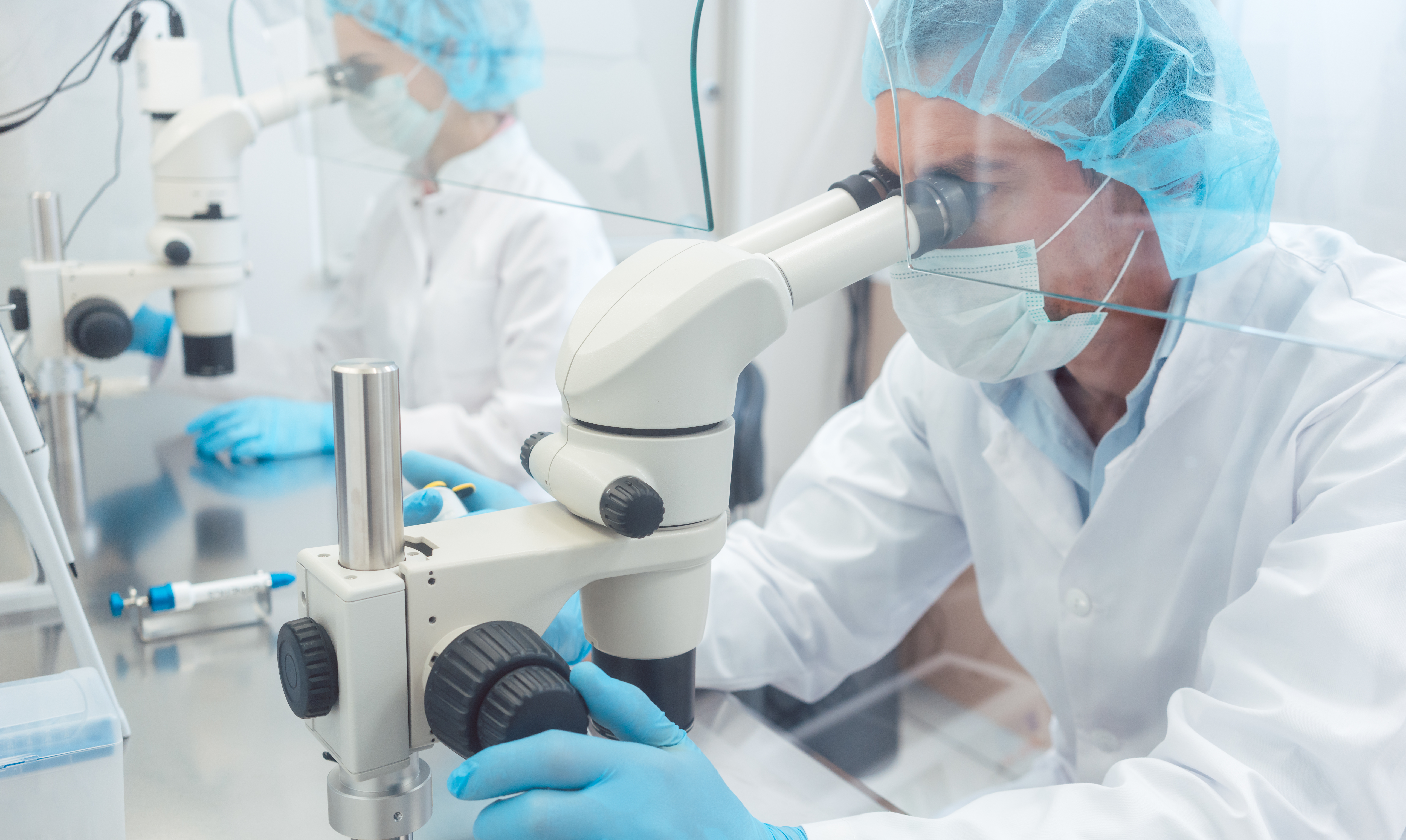 Only a few new drugs for chronic kidney disease (CKD) have been approved in the last several decades because drug companies have shied away from the renal “space.” The need for novel therapies for CKD is compelling, especially because they might mitigate the need for renal replacement therapy, i.e., dialysis or transplant. The drug companies (Pharma) recognize this, but they face a challenge: what clinical trial result would be satisfactory to the FDA, EMA (European Medicines Agency), and other regulatory agencies to actually approve such drugs?
Only a few new drugs for chronic kidney disease (CKD) have been approved in the last several decades because drug companies have shied away from the renal “space.” The need for novel therapies for CKD is compelling, especially because they might mitigate the need for renal replacement therapy, i.e., dialysis or transplant. The drug companies (Pharma) recognize this, but they face a challenge: what clinical trial result would be satisfactory to the FDA, EMA (European Medicines Agency), and other regulatory agencies to actually approve such drugs?
The currently acknowledged conventional endpoints for CKD clinical studies are time to end-stage renal disease (ESRD), doubling of creatinine, or a 30-40% decline in renal function measured as the estimated glomerular filtration rate (eGFR). These are meaningful clinical endpoints; however, they may take many years to reach, especially in patients with early-stage renal disease—a time when treatment could be most beneficial. Most pivotal clinical drug trials for any disease are at most two to three years long. For CKD, studies would have to be much longer to achieve the conventional endpoints. Pharma would lose money conducting such long clinical trials. Therefore, endpoints that could be significant in a two- or three-year pivotal clinical trial are desperately needed. This, of course, applies to PKD, as well as the other nephropathies.
 The PKD Foundation in collaboration with the Critical Path Institute (C-Path) sponsored the ADPKD Summit Meeting on July 14, 2016. It was organized by the PKD Outcomes Consortium (PKDOC) of which I am a member. On behalf of our constituency, I spoke at the Summit, which was attended by multiple regulatory agencies, including the FDA, EMA, and Health Canada. Representatives from the National Institutes of Health (NIH), academia, and Pharma were also in attendance. The purpose of the meeting was to define clinical endpoints in earlier stages of ADPKD when patients have preserved eGFR and are still mostly asymptomatic.
The PKD Foundation in collaboration with the Critical Path Institute (C-Path) sponsored the ADPKD Summit Meeting on July 14, 2016. It was organized by the PKD Outcomes Consortium (PKDOC) of which I am a member. On behalf of our constituency, I spoke at the Summit, which was attended by multiple regulatory agencies, including the FDA, EMA, and Health Canada. Representatives from the National Institutes of Health (NIH), academia, and Pharma were also in attendance. The purpose of the meeting was to define clinical endpoints in earlier stages of ADPKD when patients have preserved eGFR and are still mostly asymptomatic.
The Summit was highly productive and we discussed various biomarkers such as total kidney volume (TKV), which is unique to ADPKD. Dr. Ron Perrone at Tufts, who has had a long relationship with the Foundation, was pivotal in the formal acceptance by the FDA of TKV as prognostic biomarker. My hope is that TKV will become a widely accepted surrogate endpoint as well. Such a surrogate endpoint would certainly facilitate greater interest by Pharma in developing novel therapies for ADPKD. This is already happening—more companies than ever are working in the PKD “space.” Several major clinical trials are underway.
 Finally, I am pleased to share with you the publication that resulted from the ADPKD Summit that was just published in the American Journal of Kidney Diseases: “Addressing the Need for Clinical Trial End Points in Autosomal Dominant Polycystic Kidney Disease: A Report From the Polycystic Kidney Diseases Outcomes Consortium (PKDOC)”. I am pleased to be a co-author along with the FDA, C-Path, and Dr. Perrone. The article has been published electronically and will appear in print soon. I am proud of the Foundation’s role in making this happen and I hope to see many more novel drugs entering clinical trials as a result of the progress we’ve made.
Finally, I am pleased to share with you the publication that resulted from the ADPKD Summit that was just published in the American Journal of Kidney Diseases: “Addressing the Need for Clinical Trial End Points in Autosomal Dominant Polycystic Kidney Disease: A Report From the Polycystic Kidney Diseases Outcomes Consortium (PKDOC)”. I am pleased to be a co-author along with the FDA, C-Path, and Dr. Perrone. The article has been published electronically and will appear in print soon. I am proud of the Foundation’s role in making this happen and I hope to see many more novel drugs entering clinical trials as a result of the progress we’ve made.
David Baron, Ph.D., Chief Scientific Officer
 David Baron’s background in the biomedical sciences and drug development will keep us moving forward with progress in research. Dr. Baron is particularly interested in the Foundation’s work as he has PKD, along with several family members. He received a kidney transplant in 2009. Also, his main research focus has been salt and water transport and the translation of basic science into novel therapeutics for the treatment of PKD and other diseases. He has also regularly interacted with the FDA and EMA (European Medicines Agency) during the development and approval of numerous new drugs.
David Baron’s background in the biomedical sciences and drug development will keep us moving forward with progress in research. Dr. Baron is particularly interested in the Foundation’s work as he has PKD, along with several family members. He received a kidney transplant in 2009. Also, his main research focus has been salt and water transport and the translation of basic science into novel therapeutics for the treatment of PKD and other diseases. He has also regularly interacted with the FDA and EMA (European Medicines Agency) during the development and approval of numerous new drugs.









Great job. Can you send me a copy of the publication, when published. I am beginning to prepare a 2nd edition of my book “Kidney Disease: A Guide for Living” and your paper would be useful in that effort.
Thanks.
In the 5th paragraph of the PKD Fdn blog about Dr Barron’s newly co-authored paper, he states that he is “pleased to share” with us that publication, implying that there is a link to that paper; but I’m unable to find where he is sharing it with us. How can I access it in order to read it? Thanks.
Hello, I suffer from PKD, I recently moved to Paris, could you kindly advise the name/s of leading doctor/s in PKD in Paris?